As a bird owner, it is important to be aware of the common bird diseases and disorders that can affect your precious pet. Early detection of illness is key to successful treatment in pet birds, so it is crucial to learn about some of the most common illnesses that affect birds in captivity.
If you notice your bird exhibit any of these signs of illness or other uncharacteristic behavior, seek the attention of a qualified avian vet as soon as possible.
- 01 of 05
Proventricular Dilatation Disease (PDD)
Proventricular Dilatation Disease (PDD) is one of the most confounding avian disorders. The disease affects the nerves that supply the bird's gastrointestinal tract, though it can also affect nerves that supply other organs, too.
PDD is also known as Macaw Wasting Syndrome and Parrot Wasting Syndrome because it's most commonly diagnosed in Macaws, African grey parrots, Amazon parrots, cockatoos, and conures.
Symptoms of PDD include weight loss, vomiting, changes in the bird's droppings, and a swollen crop, which is the muscular pouch near the throat. However, no one sign or symptom can distinguish PPD. Some birds may not show any signs of illness until they are very sick with the disease.
Treatment will often be nonsteroidal anti-inflammatory drugs (NSAIDs), and the bird may have to be put on a special diet. However, there's no cure for the disease, so these treatments are just to reduce pain for the rest of the birds' lives.
02 of 05Psittacosis (Parrot Fever)
Psittacosis, or "Parrot Fever," is a form of the Chlamydia bacterium that can affect all hookbills. The disease is highly contagious and can be passed from birds to other animals, as well as humans.
Symptoms of Psittacosis aren't specific, but they include difficulty in breathing, nasal and eye discharge, inappetence, and loose, watery droppings with general lethargy. Treatment is most often an antibiotic, tetracycline, which can be given orally or through injections. However, birds taking tetracycline cannot have calcium because of its effect on the medication.
03 of 05Psittacine Beak and Feather Disease (PBFD)
PBFD is a serious illness that can affect all members of the parrot family and has been referred to as "bird AIDS," given the similarity between the diseases. Although most affected birds are under the age of two years, PBFD can affect birds of any age.
Symptoms of PBFD include feather loss, abnormal feather development, the absence of powder down (dander), and growths, lesions, and abnormalities of the beak. If a bird is showing symptoms, the veterinarian may do a skin and/or feather biopsy.
Currently, there is no treatment for PBFD, so a vet will recommend supportive care that includes pain management.
04 of 05Polyomavirus
Polyomavirus is a disorder that affects caged birds, particularly parrots. Birds that are newborn or juveniles are most at risk, and the disease is usually fatal.
Symptoms of polyomavirus include appetite loss, an enlarged abdomen, paralysis, and diarrhea. Some birds may not show outward symptoms at all, but are carriers of the virus and may shed it in times of stress, posing a risk of infection to other birds in the home.
There is no known treatment for polyomavirus. This disease can progress quickly and has a high mortality rate. If your bird is at high risk of exposure, aka they are exposed to many other birds, vaccination is available to help reduce the risk of illness.
Continue to 5 of 5 belowclass="comp sources mntl-block">05 of 05Candida
Candida, or Candidiasis, is a fungal infection that can affect the digestive tract of all species of birds. The disease involves an overgrowth of yeasts that are normally found in a bird's digestive system.
Common symptoms of Candida infections include white lesions in and around the mouth and throat, vomiting, appetite loss, and a crop that is slow to empty. The bird might appear to be lethargic.
Most Candida infections are successfully treated using antifungal medications. Candida often develops secondary to another disease, so the bird should be examined and treated for all potential problems by a vet.
If you suspect your pet is sick, call your vet immediately. For health-related questions, always consult your veterinarian, as they have examined your pet, know the pet's health history, and can make the best recommendations for your pet.

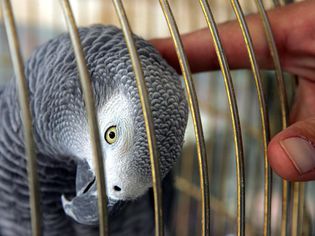
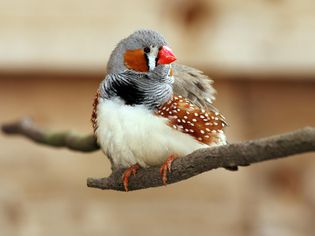
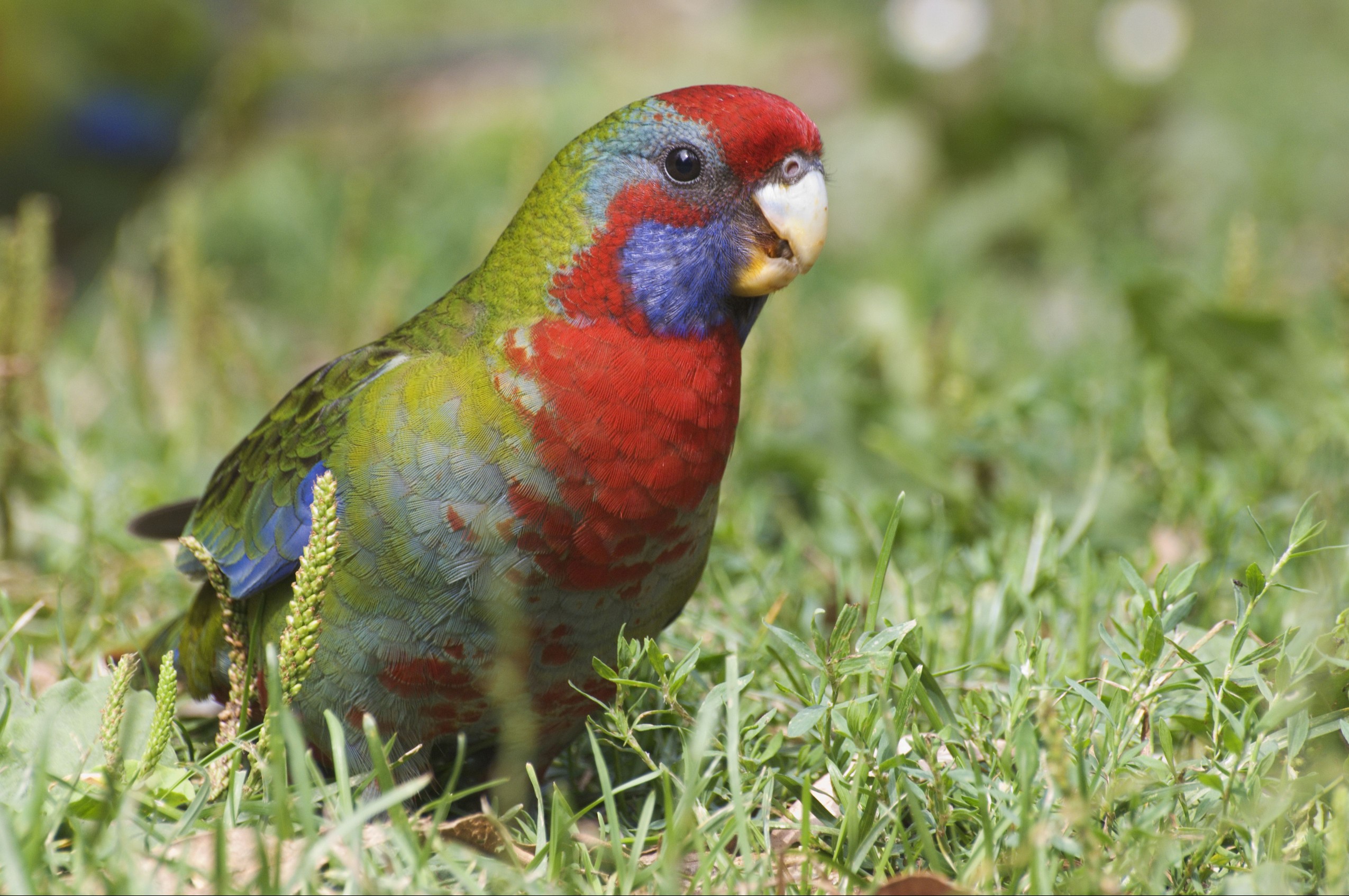
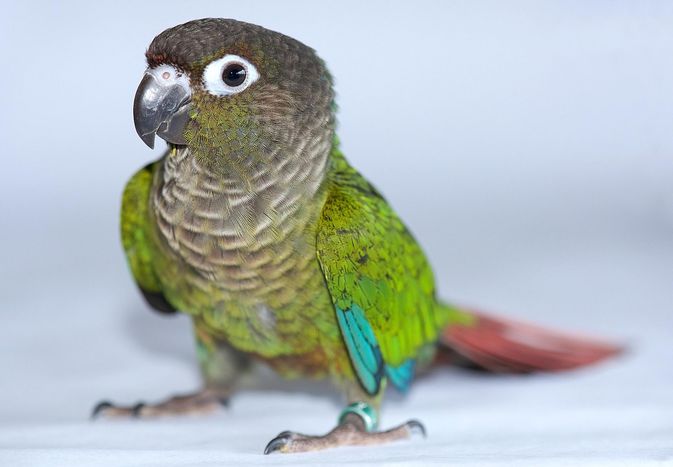
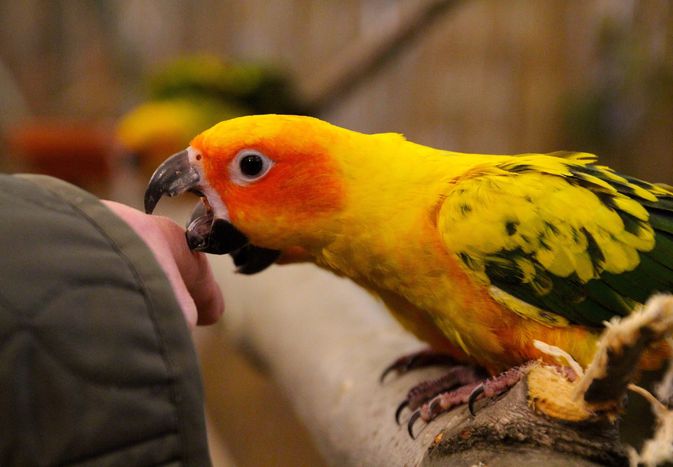
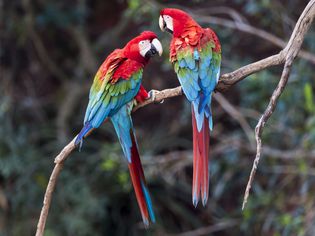
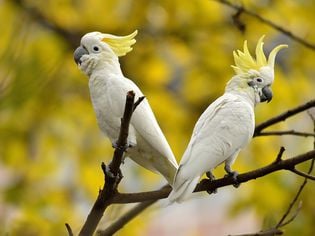
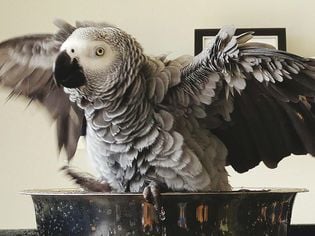
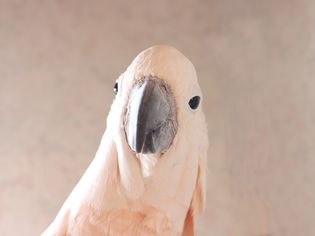
Comments on " Common Diseases in Pet Birds" :